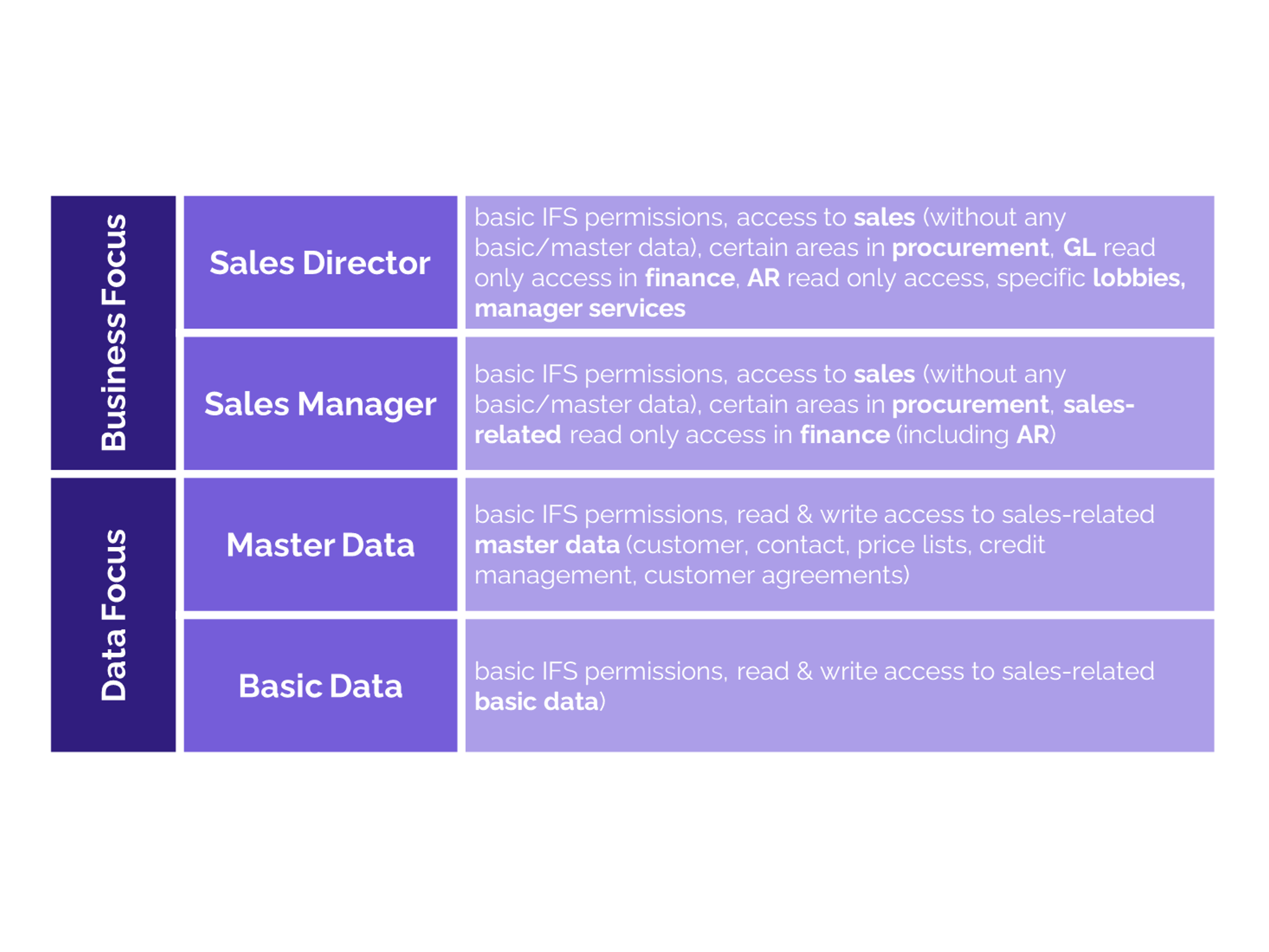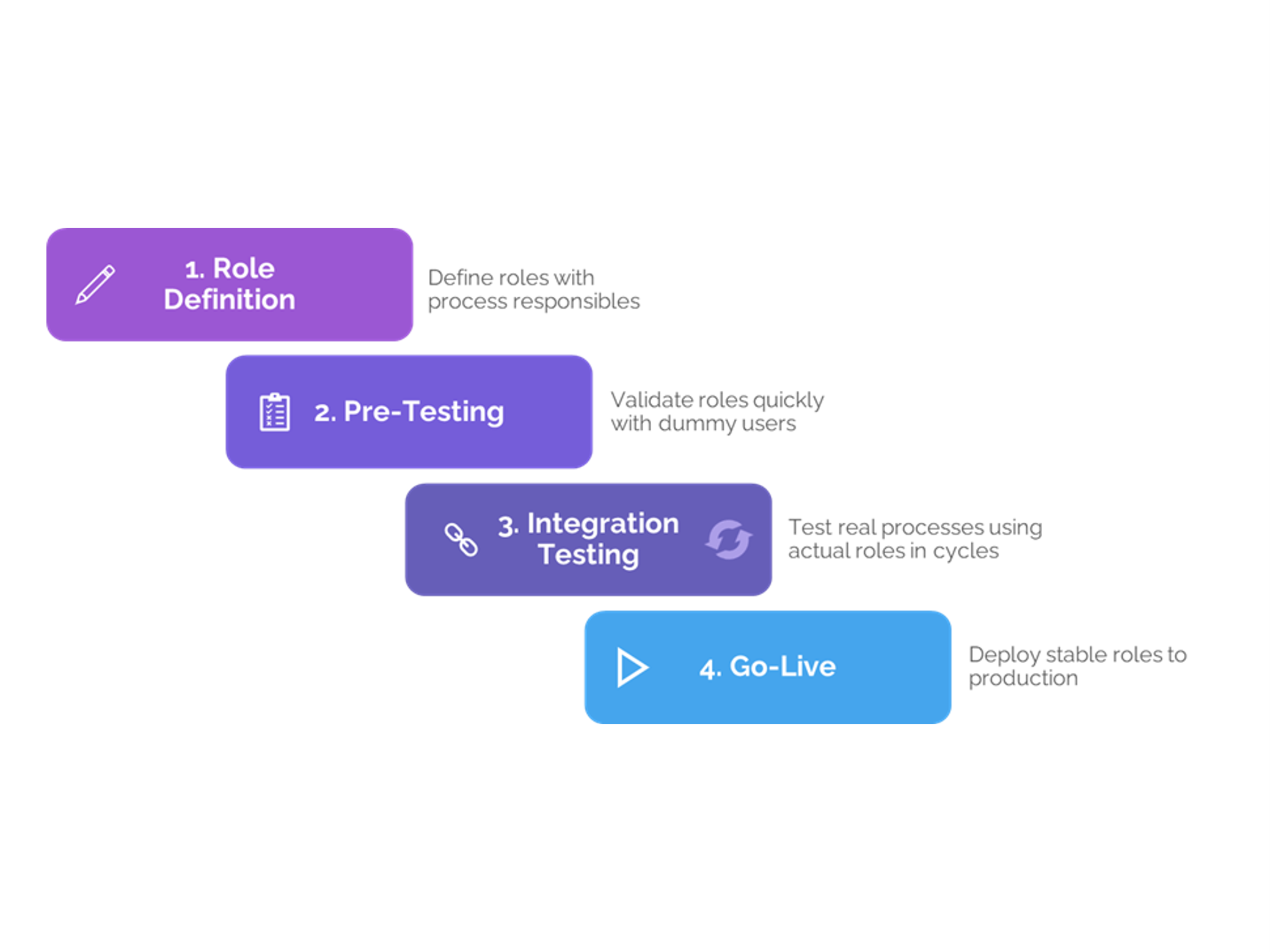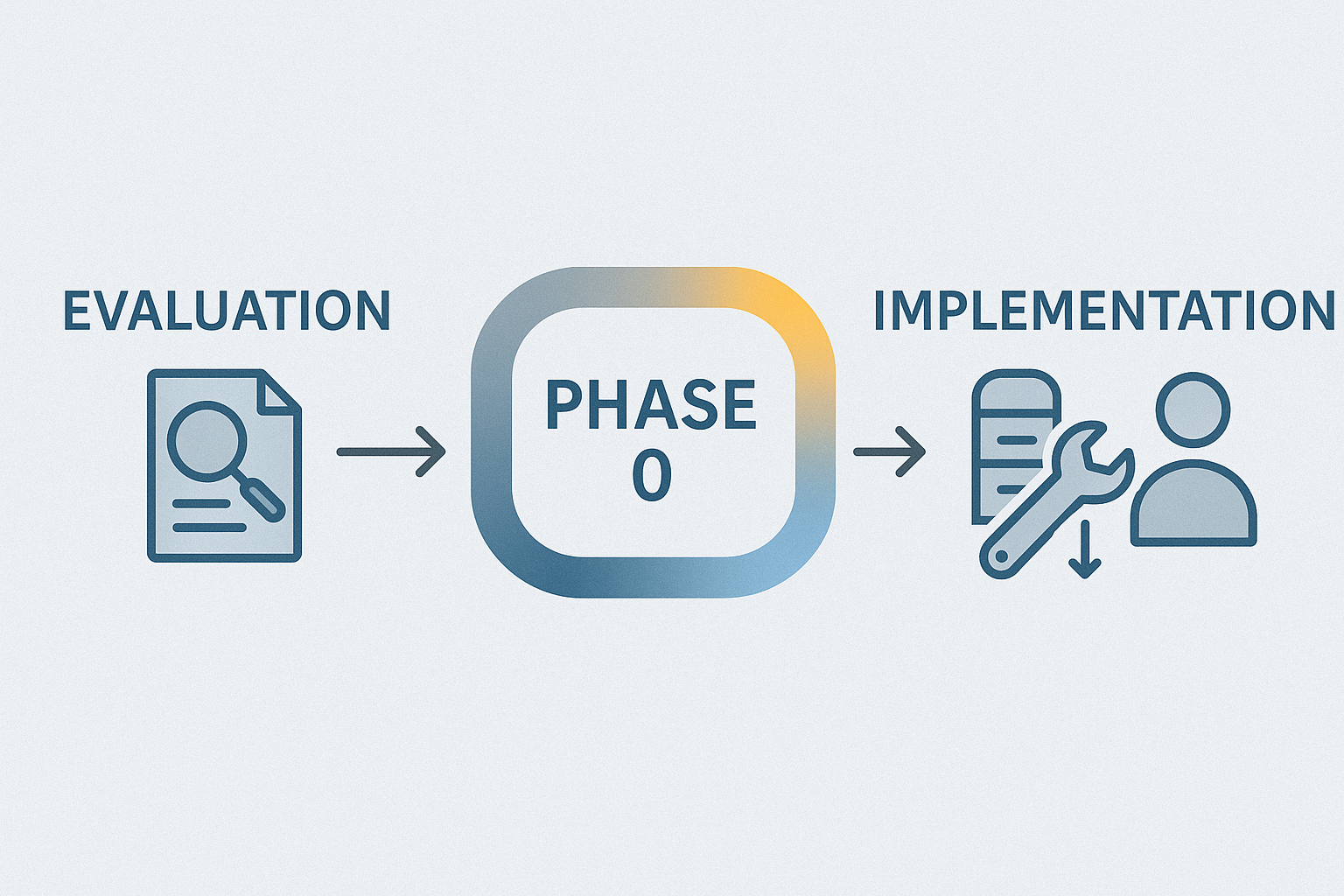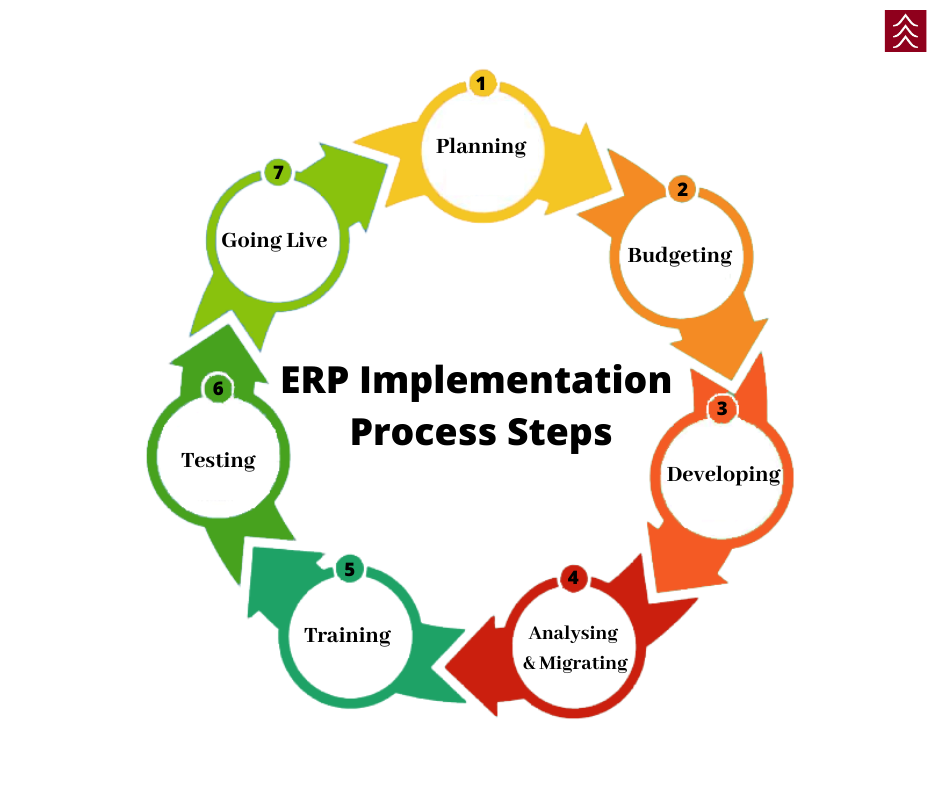Converting IFS perpetual licenses into IFS subscriptions
IFS customers are faced with the need to move from perpetual to subscription-based usage. This is a prerequisite for using IFS Cloud. IFS has compelling arguments to motivate customers to renegotiate their contracts with IFS. 2BCS AG has gained vast experience in designing and negotiating such contracts in the interest of our industrial customers. In addition to describing the best practice approach, 2BCS AG also highlights 3 key changes and possible negotiation strategies.
Current Situation
The DACH region is an interesting hotspot for IFS. Around 130 customers use IFS, of which 30 use IFS Cloud and 100 use IFS Application 9 or 10. We assume that almost all IFS Applications 9 and 10 customers have perpetual license agreements with IFS or a reseller. According to Google: “A perpetual software license is a type of software license that authorizes an individual to use a program indefinitely. In general, a perpetual software license allows the holder to use a particular version of a software program continuously in exchange for a one-time fee, unless it is terminated”.
IFS claims that IFS Cloud (the newest product from IFS) is not a further version of IFS Applications, but something completely new and great. Therefore, the existing perpetual licenses do not apply for IFS Cloud. Customers interested in using IFS Cloud will need to purchase new subscription licenses.
In order to convince IFS customers to move to the Cloud, IFS has decided to increase maintenance fees (so-called extended support) or even to discontinue the support of the older versions.
These are very compelling arguments.
Our Experience
2BCS AG is an independent Swiss consulting company focusing on supporting industrial clients in the selection and implementation of business software such as ERP, CRM and MES. Over the past few months we have carried out numerous IFS negotiations for our clients in the DACH region. The target of these negotiations was to create a new and favorable contract for the conversion from IFS perpetual to subscription licenses. 2BCS AG is highly qualified for this task, negotiating over 30 implementation contracts per year, of which 5-8 are IFS contracts.
The Best Way Forward
Based on our experience a three step-approach is ideal for this challenge.
Step 1 focuses on documenting the as-is situation regarding existing contracts, licenses, modules, users and favorable (or unfavorable) contract paragraphs. We call this phase the “Deep Dive” phase. The result is a list of issues that need to be addressed during negotiations.
Step 2 is called the “Get Ready” phase. Two things happen in this phase. We ask IFS to prepare a draft contract (master service agreement, order form, subscription, and service addendum) including an offer for the conversion. In parallel, we create a negotiation plan (topics, dates, participants) including the expected outcomes based on benchmarks.
Step 3 is the effective negotiation according to the above-mentioned plan. These negotiation rounds (approx. 4-8) usually start with creating a common understanding of the situation and the targets. Contractual issues are then discussed and agreed. The highlight of step 3 is the commercial negotiations at the end. These build on all elements of this step. Very often, different people are involved to support 2BCS AG in the negotiation rounds, occasionally even a lawyer, to find the right wording. Usually, the master service agreement, the order form and the addendum are continuously updated and discussed. At the end of Step 3, a negotiated and signable contract is prepared.
3 major changes that impact the conversion
One of the biggest impacts of IFS Cloud on licensing is the handling of Limited Task Users licenses (LTU). In Application 9 and 10 there are various LTU’s. These LTU’s could be adapted together with IFS to include additional functionality. This has been actively used to enable users with cheaper LTU licenses to carry out additional specific tasks. In IFS Cloud, the LTU’s can no longer be adapted. This could lead to a situation in IFS Cloud where LTU licenses do not enable the required functionality and a Full User (FU) is required instead. This is expensive. Possible solutions: 1) Review and compare old and new LTU functionality 2) Negotiate a fallback strategy such as replacing LTU’s with FU.
“Indirect usage of IFS” describes a situation where humans or machines access IFS data or functionality via a third-party application (e.g. Novacura Flow, Power BI). Other ERP applications have created revenue models for this. Here 2 strategies should be followed: 1) exclude any future costs for this situation in the contract and 2) take a close look at the Global API’s, the pricing and usage models in IFS Cloud. By purchasing these cheap connectors, the customer’s liability for indirect usage can be avoided.
The “subscription term” is often set to 60 months. This is longer than most contracts in the past. Long license contracts have their advantages (better discounts, more stability), but also their disadvantages. The disadvantages must be covered by mechanisms such as inflation caps, termination clauses, re-purchase prices for modules and licenses, maximum price increases after the term, renewal plans, etc.
We hope this article will help you navigate through the treacherous waters of converting perpetual to subscription contracts. If you have any further questions, please contact us.
Contact us





